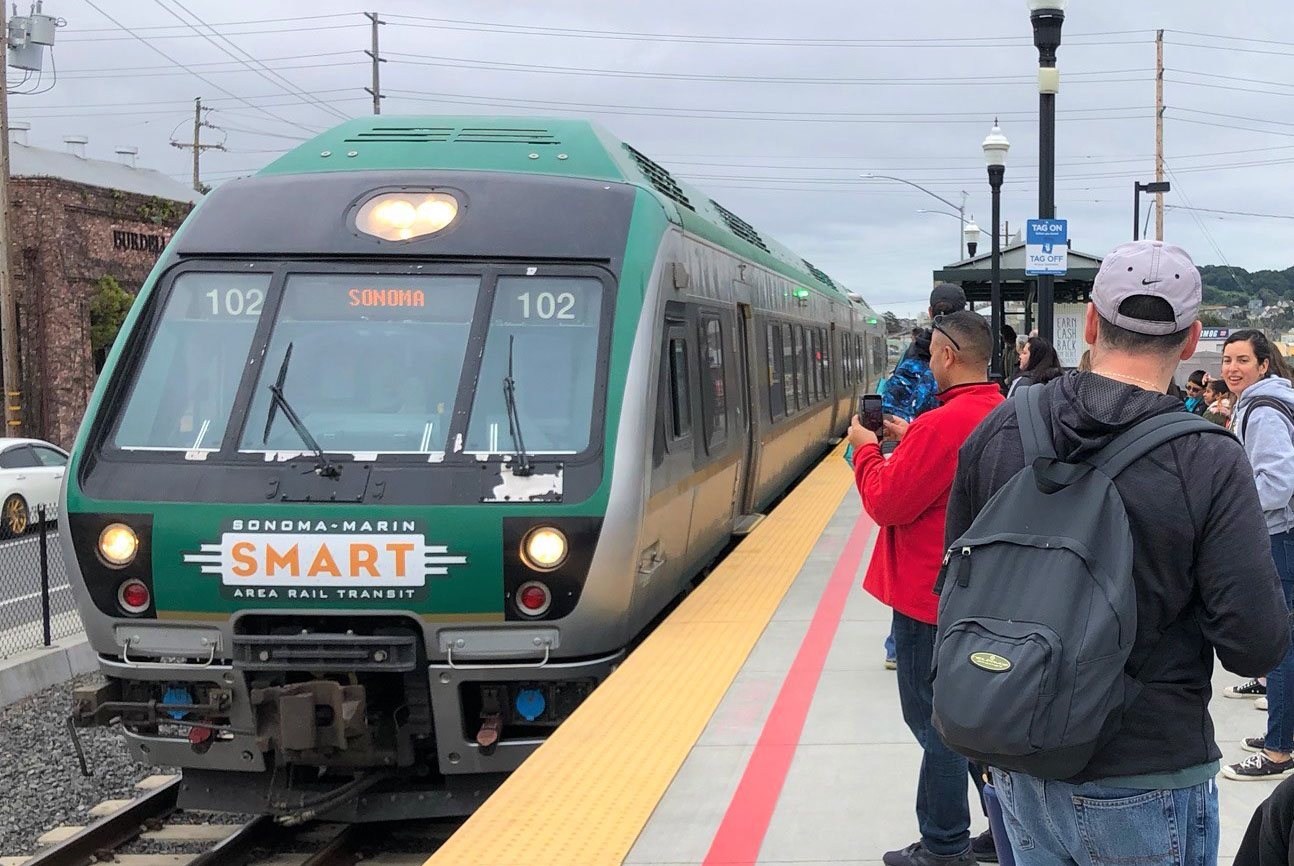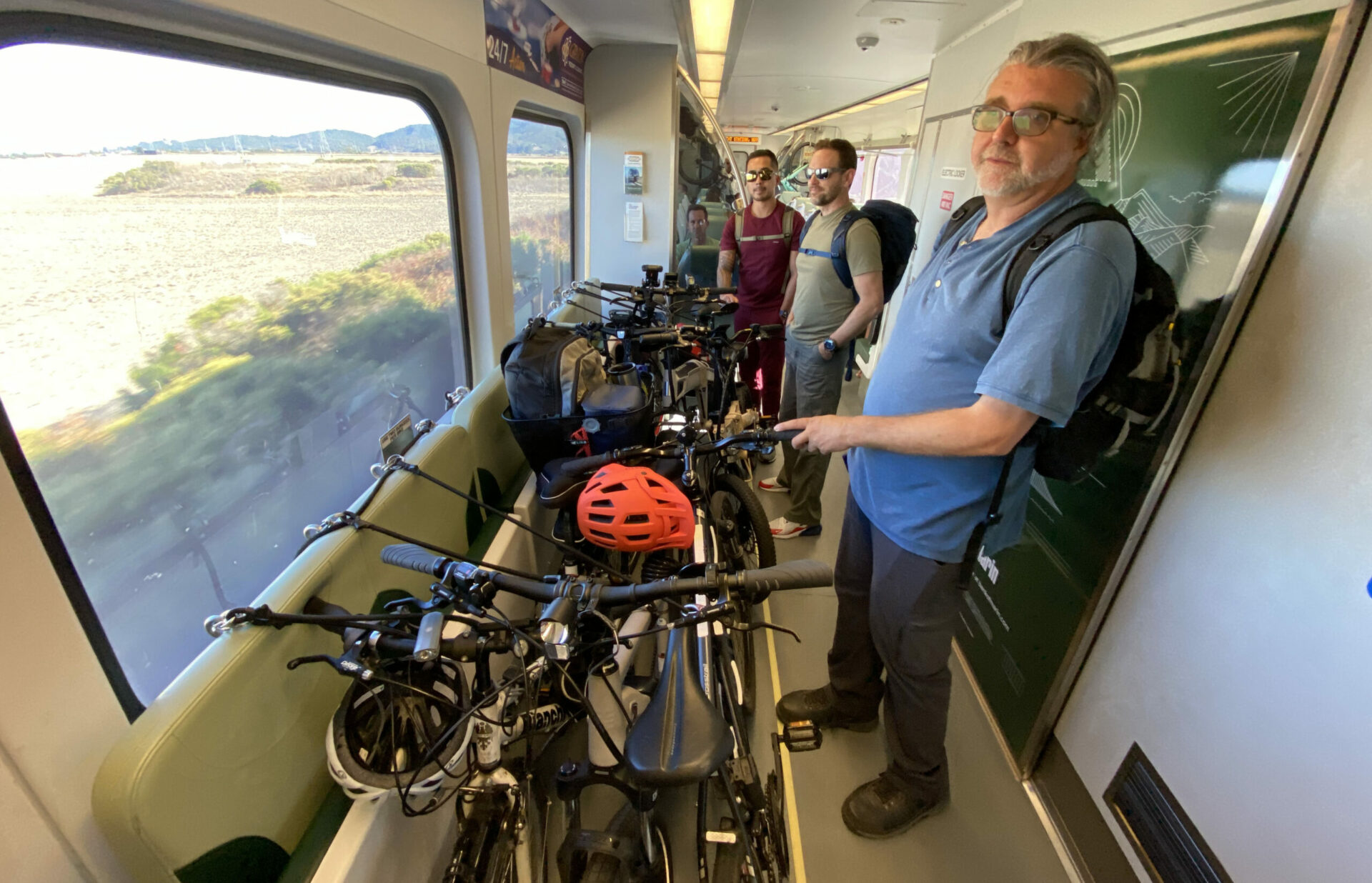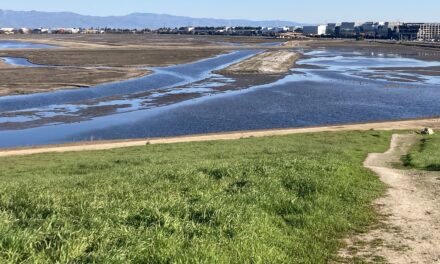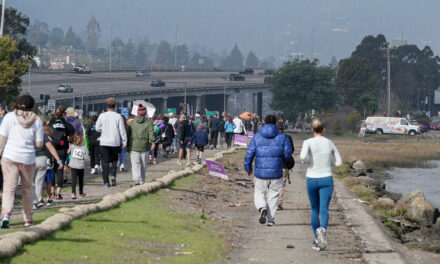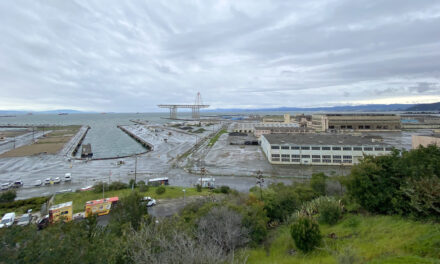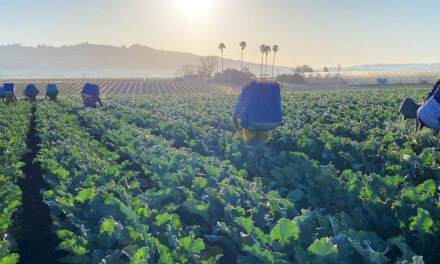Rail Line Reinvents Itself After Pandemic Slump
Photo: SMART
The Sonoma-Marin Area Rail Transit (SMART) system, which runs from Larkspur to the Sonoma County Airport, had a banner year in 2023. The rail transported over 750,000 passengers in 2023 and earned over half a million dollars in fare revenue, beating its 2018 pre-pandemic numbers.
“Since the pandemic, it’s been very challenging for transit agencies to recover from work from home patterns,” says Julia Gonzalez, who works for SMART’s marketing team. “But because we’re a small, agile agency, we’ve been able to experiment with new programs to try and diversify our ridership.”
While there are fewer commuters during peak hours, SMART has pivoted towards helping North Bay residents run midday errands, plan weekend hiking trips, and leave their cars behind. Gonzalez notes that Sonoma’s bike culture has a lot to do with it. The agency removed seats to create more bike-friendly carriages, and now about 15% of SMART’s ridership brings bicycles on the train. “Our bike pathway runs alongside the rail alignment, separate from traffic, and allows people to finish the first and last mile of their trips” she explains. In addition, the agency is offering free rides to all youth passengers until July 2025 to encourage them to use the service to commute to and from school.
Photo: SMART
Gonzalez hopes that diversifying its ridership will act as a boon for eco-conscious public transit advocates. According to a SMART fact sheet, SMART riders have a 33% smaller carbon footprint than their car-bound counterparts; from 2017 to 2020, they collectively prevented 8.1 million pounds of carbon dioxide emissions. “Our community really does prioritize protecting our green space and limiting our impact on climate change. In 2008, North Bay voters approved a quarter-cent sales tax measure to fund SMART, and that tax revenue is our largest source of revenue,” says Gonzalez.
Though the tax expires in 2029 – a proposed 30-year extension failed to capture the requisite supermajority vote on the 2020 ballot – SMART continues to seek grant funding to extend its railway through Windsor, Healdsburg, and Cloversdale. “We took almost 16 million vehicle miles off the road last year,” boasts Gonzalez. “If our ridership continues to grow, we can use the data to prove that public transit is a truly sustainable alternative to individual car use.”
Other Recent Posts
Boxes of Mud Could Tell a Hopeful Sediment Story
Scientists are testing whether dredged sediment placed in nearby shallows can help our wetlands keep pace with rising seas. Tiny tracers may reveal the answer.
“I Invite Everyone To Be a Scientist”
Plant tissue culture can help endangered species adapt to climate change. Amateur plant biologist Jasmine Neal’s community lab could make this tech more accessible.
How To Explain Extreme Weather Without the Fear Factor
Fear-based messaging about extreme weather can backfire. Here are some simple metaphors to explain climate change.
Live Near a Tiny Library? Join Our Citizen Marketing Campaign
KneeDeep asks readers to place paper zines in tiny street libraries to help us reach new folks.
Join KneeDeep Times for Lightning Talks with 8 Local Reporters at SF Climate Week
Lightning Talks with 8 Reporters for SF Climate Week
ReaderBoard
Once a month we share reader announcements: jobs, events, reports, and more.
Staying Wise About Fire – 5 Years Post-CZU
As insurance companies pull out and wildfire seasons intensify, Santa Cruz County residents navigate the complexities of staying fire-ready.
Artist Christa Grenawalt Paints with Rain
Snippet of insight from the artist about her work.
High-Concept Plans for a High-Risk Shoreline
OneShoreline’s effort to shield the Millbrae-Burlingame shoreline from flooding has to balance cost, habitat, and airport safety.
In a Climate Disaster, Your Car Won’t Save You
Fleeing wildfires without a car might seem scary, but so is being trapped in evacuation gridlock — and the hellscape of car-dependency.






